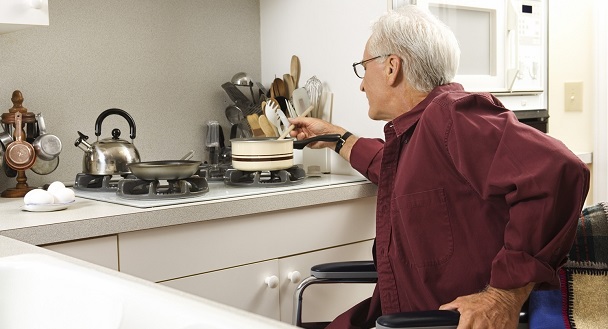
People invest heavily in their future with the hope of living a quality life after retirement. Even the government acknowledges you might need more funds than it provides for retirement and recommends ensuring you are eligible for a state pension as well as paying into employer or personal schemes and other income streams.
However, after decades of great discipline in financial management and savings, not many retirees are able to manage their resources wisely. There’s the fear of money running out. In retirement, funds are usually spent without more coming in. For your retirement plans to work sufficiently, a number of things can help you make savings when you retire.
Plan spending
It is possible the last time you sat down to plan your spending was when planning for your retirement. Establishing a working plan to help you throughout retirement is also important. It’s all about striking a critical balance to ensure funds aren’t spent too fast and ensuring you don’t miss out the good easy life you prepared for.
Be practical about spending and rather than a budget, think about it as your spending plan; there’s no steady employment income supporting expenses as in the past.
Divide your expenses into categories such as needs and aspirations to create a working structure for cash flow management to live comfortably. Each crucial step should be itemised including budgeting different expenses such as healthcare, food, utilities and housing, among others, as you used to. Aspirations and other ambitions to cater for could include vacations, holidays and vehicle purchases or donating to charities among others.
Strategise your withdrawing
Having set budget and spending plan accordingly the matter of withdrawing your assets comes in. Strategise and allocate resources to bare necessities first such as utilities, food and housing. The knowledge that your basic necessities are catered for before the nonessentials like holidays and significant impromptu purchases offer a sense of financial security everyone needs.
Vary withdrawals depending on your retirement stages. Think about a part-time job when still active in your early retirement years. Once you feel comfortable and secure about your funds increase the amount you need.
Prepare for the unexpected
Preparing for emergencies and the unexpected is also important like everything else after retirement.
Cost of healthcare has a way of going up because of the rise in life expectancy. You can use life expectancy statistics for men and women in the UK, but the most important thing is to comprehend your relatives’ health status, such as chronic illnesses to expect, memory problems and long-term health issues later in life, among others. Preparing for the unexpected then comes much easier.
Diversify your portfolio to include everything from growth and income particulars to savings for the unexpected. You must clearly balance both rewards and risks with investment generalities. Talk to a financial advisor to craft a working strategy that will help you make savings when you retire.
Find potential ways to cut spending
With a spending plan or a budget, it’s possible you might identify certain areas where funds are spent more than you expect and areas where less could be spent. The spending plan you create can be referred to at any time you think you need to cut on spending.
Take a pragmatic approach to look for things to cut from your spending and save when you retire. It can even be adopting smarter shopping strategies, saving energy in your home, cutting on travel and car costs, among others.
Find extra income streams
Once you retire the salary you used to get will be a thing of the past. It’s possible to begin feeling your pension is dwindling fast. Rather, find ways of earning an extra income such as a part-time jobs. If you haven’t retired yet, ask for overtime and extra hours from your employer to boost your income and boost your retirement savings with the money.
If you can help it, defer the time you intend to start withdrawing pension income to boost your collection as savings will increase. The pension will also be for a shorter time-frame allowing you to live much better and comfortably.
Claim governmental entitlements
You must be eligible to receive the state pension; it is not automatically paid to anyone. Also, you could have lost a pension without your knowledge from a job you held in the past. Carry out due diligence and find all your rightful incomes.
Call Pension Tracing Service (0845 6002537) and check whether there’s a pension you’ve lost track of. Also, check whether other entitlements are available for you such as Pension Credit.



